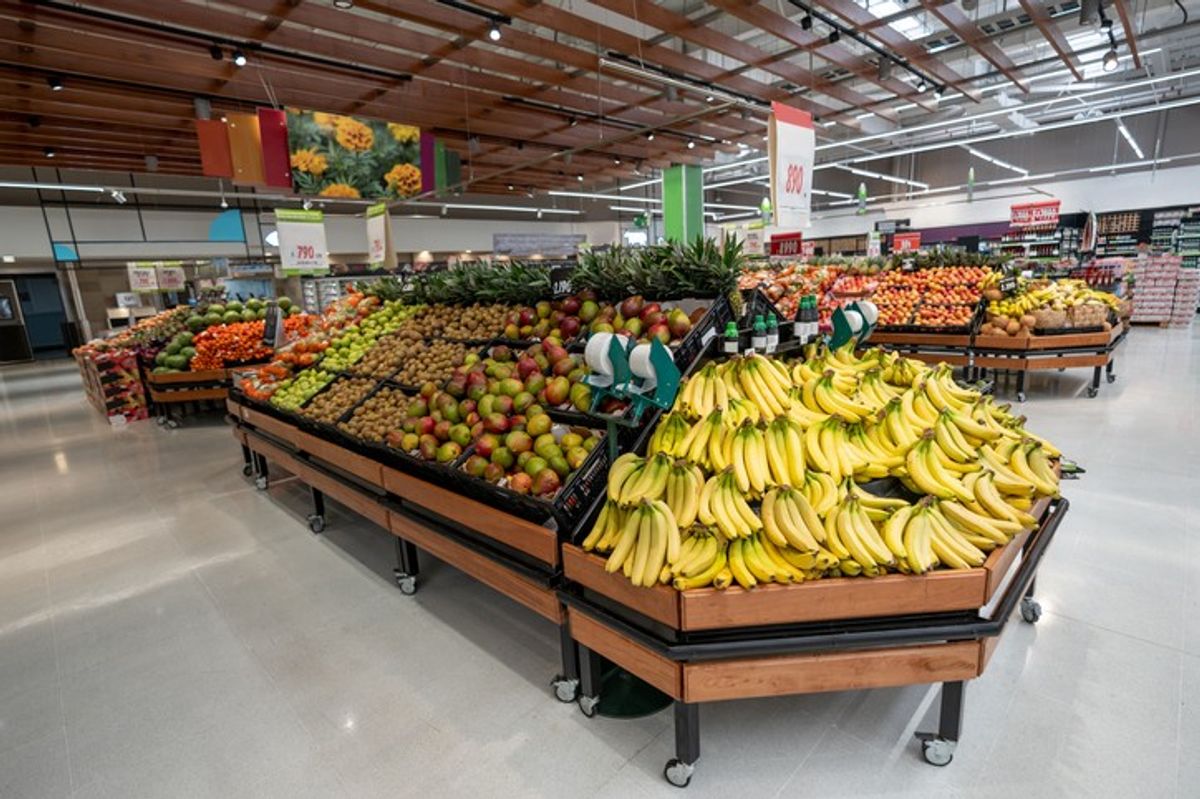Almost two-thirds of banana-growing areas in Latin America and the Caribbean may no longer be suitable for growing the fruit by 2080, a new research has found, putting a question mark on the future supply of the world’s most popular fruit.
According to Christian Aid’s new report, "Going Bananas: How Climate Change Threatens the World’s Favourite Fruit", rising temperatures, extreme weather and climate-related pests are pummeling banana-growing countries such as Guatemala, Costa Rica and Colombia.
An estimated 80 per cent of banana exports which supply supermarkets around the world come from Latin America and the Caribbean – one of the most vulnerable regions to extreme weather and slow-onset climate disasters.
Christian Aid is calling on wealthy polluting nations most responsible for the climate crisis to urgently transition away from fossil fuels and fulfil their obligations to provide financing to help communities adapt to the changing climate.
“Bananas are not just the world’s favourite fruit, they are also an essential food for millions of people.
"We need to wake up to the danger posed by climate change to this vital crop,” said Osai Ojigho, Christian Aid’s director of policy and campaigns.
“The lives and livelihoods of people who have done nothing to cause the climate crisis are already under threat.”
Bananas, especially the cavendish, require a temperature range between 15C and 35C (59F and 95F) to thrive, and just enough water but not too much.
They are sensitive to storms, which can cause a banana plant to shred leaves, making it much harder for the crop to photosynthesise.
The climate crisis directly harms growing conditions and contributes to the spread of fungal diseases that are already decimating crops and livelihoods.
Black leaf fungus can reduce the ability of banana plants to photosynthesise by 80 per cent and it thrives in wet conditions, making bananas at risk from erratic rainfall and flooding.
Rising temperatures and changing rain patterns are exacerbating another fungus, fusarium tropical race 4, a soil-borne microbe which is devastating entire cavendish plantations across the world adds the report.


